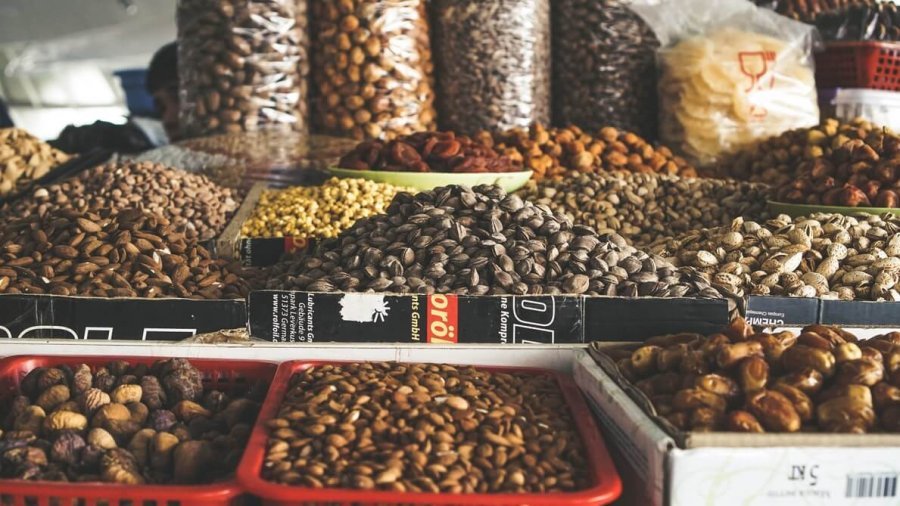SIGUATEPEQUE, Honduras — When the Bahá’í National Spiritual Assembly of Honduras created an emergency committee early in the pandemic, it set in motion a process that would prove essential months later in its response to the devastating impact of hurricanes Eta and Iota.
In November, when news broke of the approaching category 4 Hurricane Eta, the emergency committee made efforts to raise awareness about the impending disaster. Gloria Perdú, member of the committee, says, “It had been many years since the country was struck by a storm this powerful, and most people were not expecting such devastation. The network we had established earlier in the year allowed us to alert people to the precautions they should take before the storm.”
Hurricane Eta made landfall off the coast of Nicaragua on 3 November before moving through Honduras. This was followed by Iota, a category 5 hurricane, just two weeks later, leaving a level of destruction in the region not seen in recent history. Heavy rains caused widespread flooding, while communications, power, and roads were compromised in many areas.
The National Assembly—seeing the immense power of a devotional spirit in creating a spiritual environment and feelings of solidarity during a crises—called on the emergency committee to assist with promoting nationwide prayers.
“At a dark time, the prayer campaign was an act of hope,” says Andrea Castiblanco, a member of the National Spiritual Assembly and of the emergency committee. “Though you are frightened, you know—even in the midst of the storm with communications down—that you are joined in a profoundly sacred act by others across the country. And when praying, you derive inspiration from the knowledge that you can take unified action together afterwards.”
Ms. Perdú explains how the committee has been able to mobilize many people to action. “We looked to local Bahá’í communities across the country that, for decades, have been learning about building capacity in growing numbers of people to contribute to the progress of their society.
“This allowed the emergency committee to rapidly establish a network comprising people and institutions that have organizational skills and a desire to bring people together in harmony and unity.”
Ms. Perdu continues to explain how the network was instrumental in channeling people and resources to areas of need. “Families in less-affected areas, for example, donated any supplies or clothing they could, which were distributed to other areas. The spirit of unity and selfless service with which people have responded has brought tremendous hope in this time of great difficulty.”
Central to the emergency committee’s approach has been its ability to foster capacity in local communities to take the lead in their own response, recovery, and development efforts.
A young person from the local Bahá’í community of San Pedro Sula says, “I feel that this is a time to reflect on what is truly important. We’re rebuilding our houses and helping our neighbors rebuild theirs. People are awakening to how much we all must support one another. This is the moment to unite and build something new, not just materially but also spiritually.”
In the weeks since the storms, the committee has turned its attention to long-term needs. Mrs. Castiblanco states: “Many people have been without employment since the start of the pandemic, or had small businesses like baking sweetbread, selling clothes, or hairdressing but lost all of their goods and equipment in the storms. We are looking at establishing a seed fund to help people buy the materials they need to restart their businesses.”













